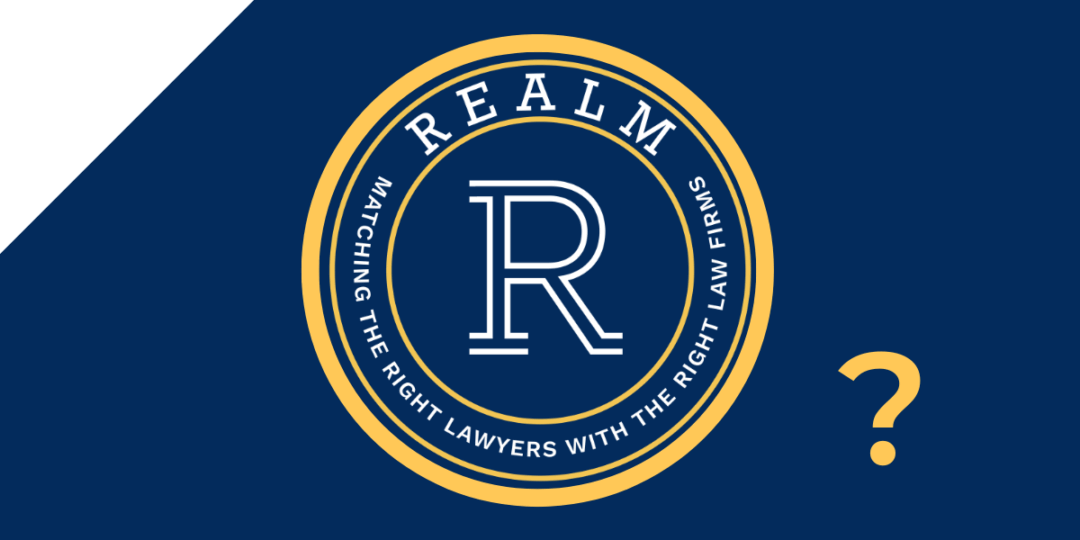In this edition of Realm Talks To… we spoke with Catherine Thompson, a Paralegal and Graduate Legal Apprentice at Crombie Wilkinson Solicitors.
Amongst other things, during the interview, Catherine explains how she entered the legal profession after obtaining a law degree as a mature student, why an apprenticeship was the right option for her and how Crombie Wilkinson has supported her career ambitions.
Tell us about your route into the legal profession so far.
It could be said that the route I have taken is less than traditional and I have done everything in reverse order. After having a family, I enrolled at the University of York as a mature student and graduated in 2019 after completing a law degree. At this time, the main option to qualify was through the traditional route of funding the LPC yourself and applying for a training contract. This was not obtainable at that time of my life, and I started my career in retail.
In early 2022 I saw an advert for an assistant position at Crombie Wilkinson Solicitors and I knew that I had to give it a bash. Even with no office or admin experience, I was lucky enough to be offered an assistant position in the Residential Conveyancing Team. After a year of developing my knowledge and experience, there was mention of the Graduate Legal Apprenticeship being an option for the first time ever at the firm and after taking part in the assessment day I was offered the position. The course started in September this year, where I attend university one day a week online and I work as a paralegal for the other four days.
What made you choose an apprenticeship versus other routes?
This route appealed to me most as it allows you to earn whilst you learn and to also obtain the required two years of qualifying work experience. The apprenticeship is suited for a mature student who is not able to commit to studying the SQE full-time or for a student who does not have the resources to fund the SQE themselves, as it is paid for through the apprenticeship levy fund. I believe that it ultimately will make the route into the profession more accessible to those who may not have considered trying to qualify previously.
The course also appealed to me as it isn’t lecture-based and is interactive. You are given the morning to research legal issues, apply them to a scenario and then this is discussed in a group. By learning this way, you are able to obtain a different level of understanding from others. The course is aimed at developing your understanding and enabling you to pass the SQE1 and SQE2 exams and qualify as a solicitor. This has been a goal of mine for a number of years and at the end of the course, in March 2026, I will be able to say that this goal has been achieved.
What does an average day at work look like for you? What sort of work are you involved in?
I have spent the past 18 months in the Residential Team at Crombie Wilkinson and I have learnt that no two days are the same. Whether our clients are selling, purchasing or registering their property, we can assist them with one of the biggest events in their lifetime and the best part of my role is having the opportunity to tell my client that we have completed their matter.
I have been involved with a number of reconstitutions of title recently, which is a first registration where the deeds have been lost or destroyed. I particularly enjoy the investigation aspect of these matters, to account to the Land Registry as to what may have happened to the deeds and then to reconstruct the title to the best of my ability with evidence that the client supplied.
How is Crombie Wilkinson supporting your career ambitions?
I feel exceptionally lucky to have been given the opportunity to be the first Graduate Legal Apprentice at Crombie Wilkinson. They have committed to giving me 20% of my contracted hours to attend university, develop my legal knowledge and prepare for the SQE. The firm’s openness to try such a new route clearly demonstrates their commitment to career progression and how they ensure to celebrate all achievements. I understand that the apprenticeship will be offered to all future applicants and that this will run alongside the training contract route.
My colleagues in the Residential Team, particularly Adele Holliday and Gemma Patchett-Thomas, have been particularly supportive of my training. They have allowed me to assist in a variety of transactions, steadily increasing in complexity and difficulty, but with consistent supervision. I believe that my understanding has developed, and I have grown in confidence. My time in the team has been particularly useful as my first module is on property law.
What advice would you give to others looking to embark on a legal career?
It may sound like a cliché, but it is never too late to embark on a legal career. This sector is not as traditional as it once was and the alternative routes that have been introduced will allow more individuals with determination and ambition to succeed as a legal professional.




